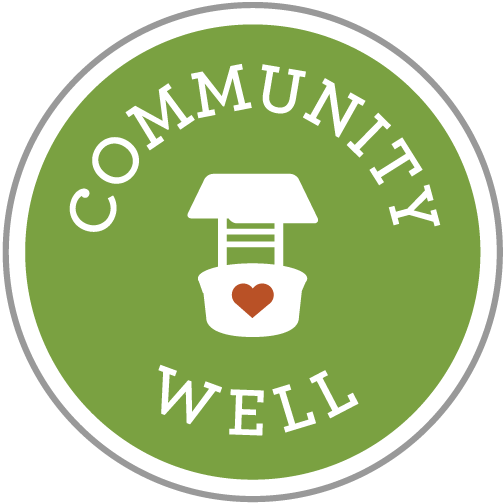4 Nutrition Tips for Pregnancy
/While pregnant, it is important to focus on healthy habits and eating nutrient-rich foods. We learned via Fit Pregnancy 5 tips that can help moms stay healthy during their pregnancy.
1. Eat more of the “Big 5” Nutrients: Folate, Calcium, Iron, Zinc and Fiber.
In the first six weeks of pregnancy, folate is one of the most important nutrients for a women to get from her diet. The article stated that, "This B vitamin can reduce the risk of neural-tube defects, such as spina bifida, by a whopping 70 percent.”
You can get your daily folate needs from beans and legumes, citrus fruits and juices, whole grains, dark green leafy vegetables, poultry, pork, fish and shellfish. However, "folate from foods is not as well absorbed as folic acid, so pop a prenatal vitamin or folic acid supplement for insurance.”
Calcium, Iron and Zinc are other important nutrients. You can get calcium from low-fat dairy products, dark green vegetables and fortified orange juice and soy products.
The article stated "Your zinc requirement increases by 50 percent to 15 milligrams per day when you're pregnant. Zinc deficiencies have been linked with birth defects, restricted fetal growth and premature delivery.” The best sources for zinc are from meat and seafood.
Fiber is also beneficial because it “helps prevent reduce constipation, a common pregnancy complaint that can lead to hemorrhoids, and it makes you feel fuller longer; aim for 25 milligrams to 35 milligrams a day.” You can find fiber in fruits, vegetables and whole grains.
2. Eat a variety of foods.
Eating a wide range of foods during pregnancy can help your baby get used to new tastes via the “amniotic fluid”. Try to eat more blueberries, carrots, and spinach, which are the richest in antioxidants.
3. Limit your exposure to pesticides by choosing organic and locally grown foods, whenever possible.
The article stated that a developing immune system is so much more sensitive than the adult’s immune system. Try to eat locally grown foods with little no to pesticides and wash your produce. The foods with the "highest pesticide concentrations tend to be fruits and vegetables with thin skins, such as peaches, apples, bell peppers and strawberries”.
4. Make sure to get your omega-3 fatty acids.
Eating foods rich in omega-3s can help increase your baby’s brain and neurological development before birth, “leading to better vision, memory and language comprehension in early childhood.” Flaxseed oil, walnuts and omega-3 fortified eggs are good sources of healthy fats.
Interested in learning more tips for a healthy pregnancy? Sign up for our Nutrition for a Healthy Pregnancy workshop by Juli Tilsner, Midwife and Educator. This informative workshop is for the general public. You will get up to date nutritional information including:
Diets from vegan to omnivore
Fats, and Omegas
Dispelling myths and freeing the spirit to enjoy pregnancy!
Supplements: whole food v/s pharmaceutical
Herbal infusions (nutritional teas)
Probiotic foods & gut health
Preventing blood sugar issues
We hope to see all you beautiful mamas at The Well!
To learn more about nutrition for pregnancy, please see the following service page: Maternal Health


